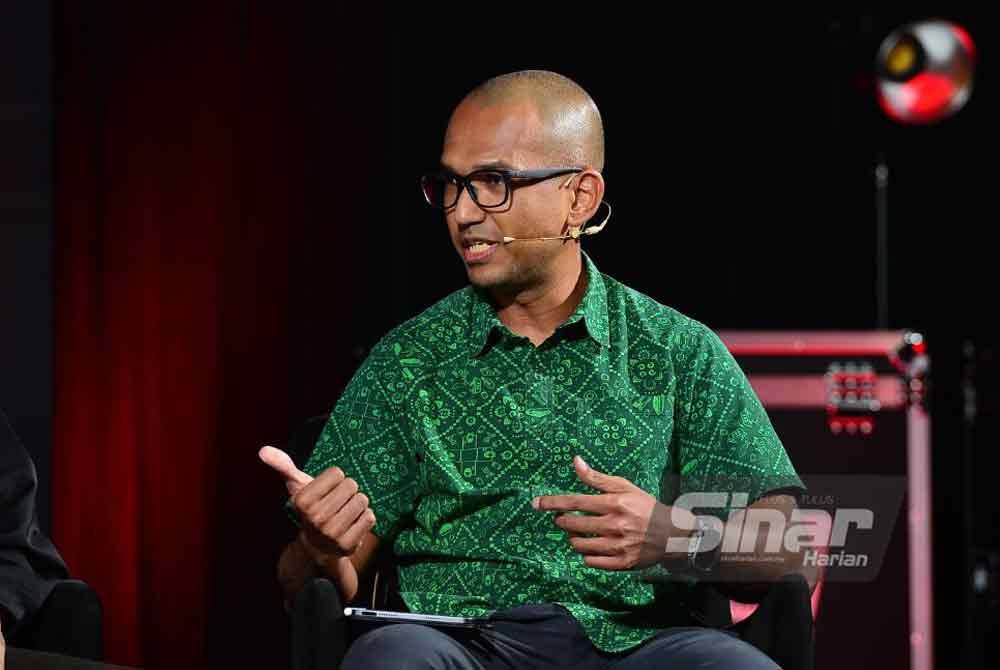Grab meets govt's minimum wage requirement
It is also monitoring and evaluating market equilibrium to ensure workers are not exploited and the gig ecosystem remains sustainable.

SHAH ALAM - E-hailing service company Grab Malaysia says its workers' earnings match or exceed the government's stipulated minimum hourly wage of RM7.21.
Its country operations and mobility director Rashid Shukor said the company was currently seeking a benchmark rate to maintain this performance.
"We are working to balance wages and demand to ensure that gig workers earn a fair income that meets the minimum wage.
"In the meantime, we are monitoring and evaluating market equilibrium to ensure workers are not exploited and the gig ecosystem remains sustainable," he said.
He said this during the 452nd edition of Wacana Sinar, entitled "Malang Bekerja Sendiri" yesterday.
The programme was hosted by Ismail Adnan and featured two other panellists who were Social Security Organisation (Socso) chief strategy and transformation officer Edmund Chong Peck Huang and Malaysian e-Hailing Alliance chief activist Jose Rizal.
Rashid said data showed that 70 per cent of gig workers were part-timers, with 60 per cent acknowledging that the gig economy served as a supplementary income.
"We have heard some complaints from gig workers regarding income issues, but looking at market balance, it is relevant because if wages are too high, demand will decrease.
"So, to ensure that the generated income is fair and meets the minimum wage, a balance point needs to be established," he said.
Meanwhile, he stressed that another challenge faced was the understanding of the gig economy, particularly regarding safety aspects.
He said Grab protects its workers with insurance and social contributions through government subsidies at a certain percentage, while the rest is provided by the company.
"However, some gig workers may not be aware of or understand these benefits. Therefore, further review will be conducted to find solutions to these issues," he added.












